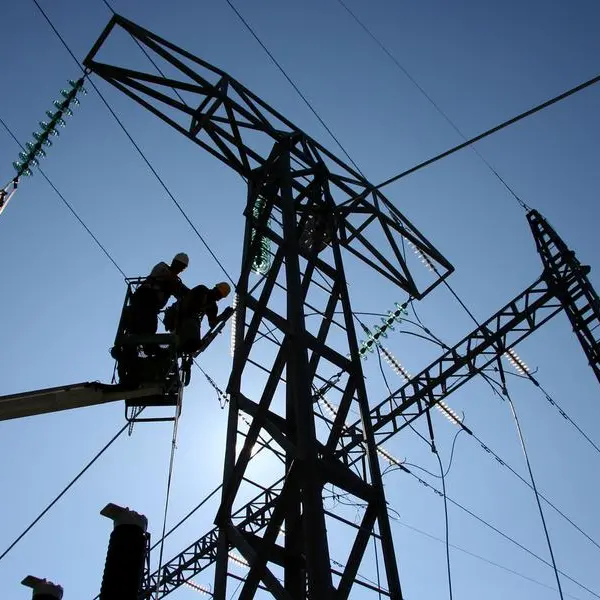PHOTO
All hotels in Dubai are required to carry out an energy audit to measure their carbon footprint from 15 March, 2023.
“Effective 15 March 2023, every hotel in Dubai will have to report every month what is the amount of carbon footprint they have; how much electricity and water are they consuming; and what are they doing with waste management,” Abhayjit Sinha, Strategic Advisor, Middle East Solar Industry Association, said on the sidelines of a panel discussion on renewable energy projects at the ongoing Middle East Energy Dubai summit.
Hotels are required to submit their energy audit results to the Department of Economy and Tourism (DET) every month. If the carbon footprint is within a specified threshold, the hotels will be incentivised and if it exceeds the threshold, they will be penalised.
Dubai’s DET had announced the relaunch of the carbon calculator tool that measures the carbon footprint in Dubai’s hospitality sector. The tool has been revamped to track real-time data for carbon emission sources, allowing hotels to identify and effectively manage their energy consumption.
The carbon calculator tool uses eight parameters to measure the carbon footprint by the hospitality sector.
On a monthly basis, hotels are required to submit their consumption of nine carbon emission sources: electricity, water, district cooling, liquefied petroleum gas, landfill waste, recycled waste, petrol, diesel and refrigerants.
“It’s going to be through energy audit to measure power and water consumption, waste management, how many tonnes of waste is generated from food and non-food and materials which have been washed. If you are using more laundry per room, you are using more water and more water means you are using more electricity because of the use of desalinated water, which all contribute to carbon footprint,” Sinha explained.
The improved carbon calculator is part of the Dubai Sustainable Tourism (DST) initiative that seeks to contribute to the broader clean energy targets and support the UAE Net Zero by 2050 Strategy in line with the United Nations Sustainable Development Goals (UNSDGs) 2030.
(Reporting by Bhaskar Raj; editing by Seban Scaria)





















